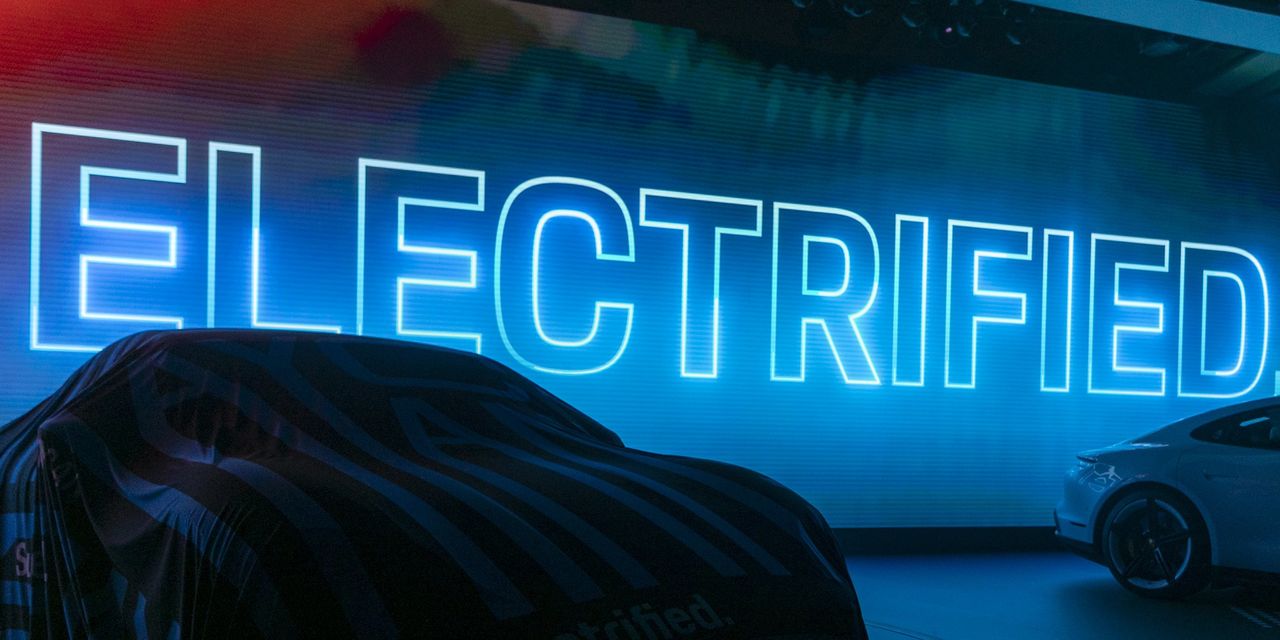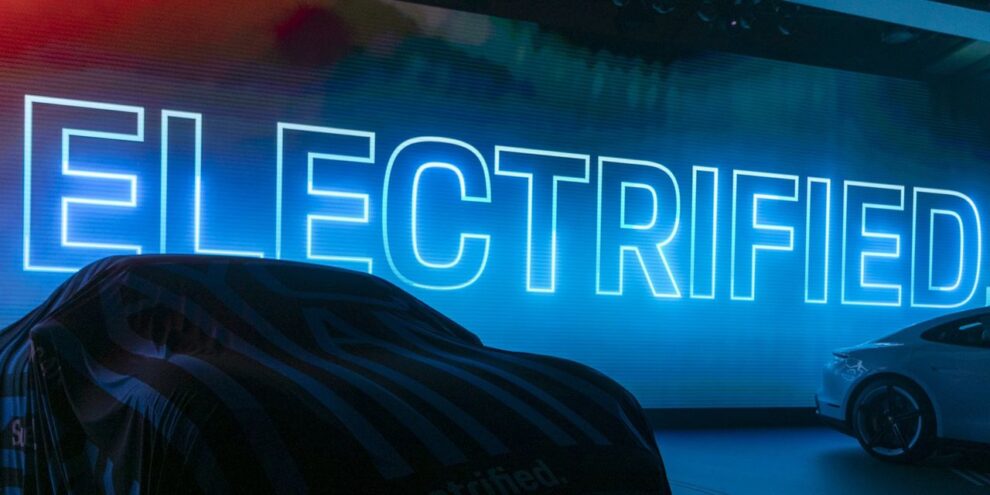
President-elect Joe Biden wants to promote the rapid adoption of green energy technology to stimulate the economy and mitigate climate change.
His selection of former Michigan Gov. Jennifer Granholm as Secretary of Energy is a good first step. Given her experience with the Detroit auto industry, she’ll almost certainly propose incentives to expand the electric vehicle (EV) industry in the U.S., emphasizing that American leadership in this area would be good for both the environment and the country’s manufacturing sector.
But how do Biden and Granholm move the ball with a sharply divided Congress in which many Republicans have legitimate concerns about past mistakes, such as sizable loans and grants to battery and solar-panel manufacturers that failed and left the public with the bill?
There is a real opportunity here, as evidenced by Tesla’s TSLA, -0.70% dramatic growth. Additionally, General Motors GM, +0.83% is investing $2 billion in its Spring Hill, Tenn., plant to build EVs, and Ford F, +0.11% is set to begin shipping its Mustang Mach E.
But even with these investments, incentives are essential for accelerating the shift, because the typical electric vehicle is still unaffordable for the average US car buyer.
The Tesla Model 3 and Mustang Mach E, for example, each cost more than $40,000. Manufacturers know this is still too much. One of Tesla’s stated goals is to eventually produce an EV that will sell for about $25,000.
But to lower costs and be globally competitive, the U.S. must have greater control over the supply chain for electric vehicles, starting with the critical battery materials—lithium, graphite, nickel—through the production of battery cathodes and anodes and then onto the production of battery cells. In fact, it must create this supply chain.
The U.S. has little production of these critical minerals. US lithium producers Albemarle ALB, +3.60% and Livent LTHM, +10.45%, which provide almost 15% of battery-grade lithium compounds to U.S. manufacturers, have to source raw material from South America and Australia.
Meanwhile, China controls more than 50% of the world’s lithium supply, despite having almost no domestic resources. China is building more than 100 new battery plants, while only nine are planned for the U.S. Most of the cathodes and battery cells used in EVs are produced in Asia.
Here are five proposals for accelerating the shift to EVs.
1. Capital incentives
Asian producers have a huge advantage in their cost of capital. State-sponsored financial institutions in China and Japan support national companies with low to zero-cost loans to build mines, processing plants and component factories. U.S. manufacturers face huge hurdles to finance major mining or chemical manufacturing projects, including the short-term orientation of private investors and the dearth of U.S. investors who focus on the mining sector.
President-elect Joe Biden reportedly favors a 10% tax credit for companies that invest in domestic manufacturing and create jobs. The EV industry is proposing a bigger tax credit of 30% for investments that advance an end-to-end supply chain. These are well worth considering.
2. Less experimentation, more development
The Energy Department and other agencies need to support investment in proven technologies already being used by the EV industry to produce critical materials, battery components and the batteries themselves.
Federal agencies tend to fund research projects to develop new technology, an appropriate activity. But we already know how to make a long-range battery using lithium extracted from hard rock or brine. There is no point experimenting with alternatives like hydrogen if we want more EVs on the road as soon as possible. The EV industry needs deployment dollars to put existing successful technologies to work.
3. Focus government funds
The Energy Department already has several billion dollars set aside for loans to support advanced technology vehicle manufacturing, and its professionals want to put those funds to work. Granholm should encourage the department to focus on this area and deploy dollars already appropriated.
4. Lay out a welcome mat for foreign investors
The State Department has been working on initiatives to encourage investment in the U.S. mining industry by our closest allies. The Department has been proactively encouraging Australian companies with extensive mining expertise to invest in the U.S. My own company PLL, +0.14%, whose assets, management, employees and headquarters are in the U.S., was kick-started by Australian investors.
5. Congress must step up
Congress needs to support minerals development such as the American Minerals Security Act, sponsored by the co-chairs of the Senate Energy Committee, Lisa Murkowski and Joe Manchin. There is no route to renewable energy and transportation without mining. It can be done cleanly and safely in the U.S. under strict, enforceable standards.
I know my fellow business leaders are often skeptical about direct government support to industry. But the auto sector is critical both to our economy and a cleaner environment.
We don’t want government to be in the business of picking winners. But if we don’t support the resources, people and capabilities within our reach, we’ll lose the long-term battle for EV leadership.
Also read: Apple stock rises, Tesla dips after report that ‘iCar’ could emerge in 2024
Keith Phillips is CEO of Piedmont Lithium Inc., a Nasdaq-listed company that expects to open a lithium mine in the fourth quarter of 2021 and a factory to refine and process the mined materials for EV manufacturers in 2022. The company lobbies the U.S. government through two coalitions: the Battery Materials & Technology Coalition and the Zero Emission Transportation Association (ZETA).











